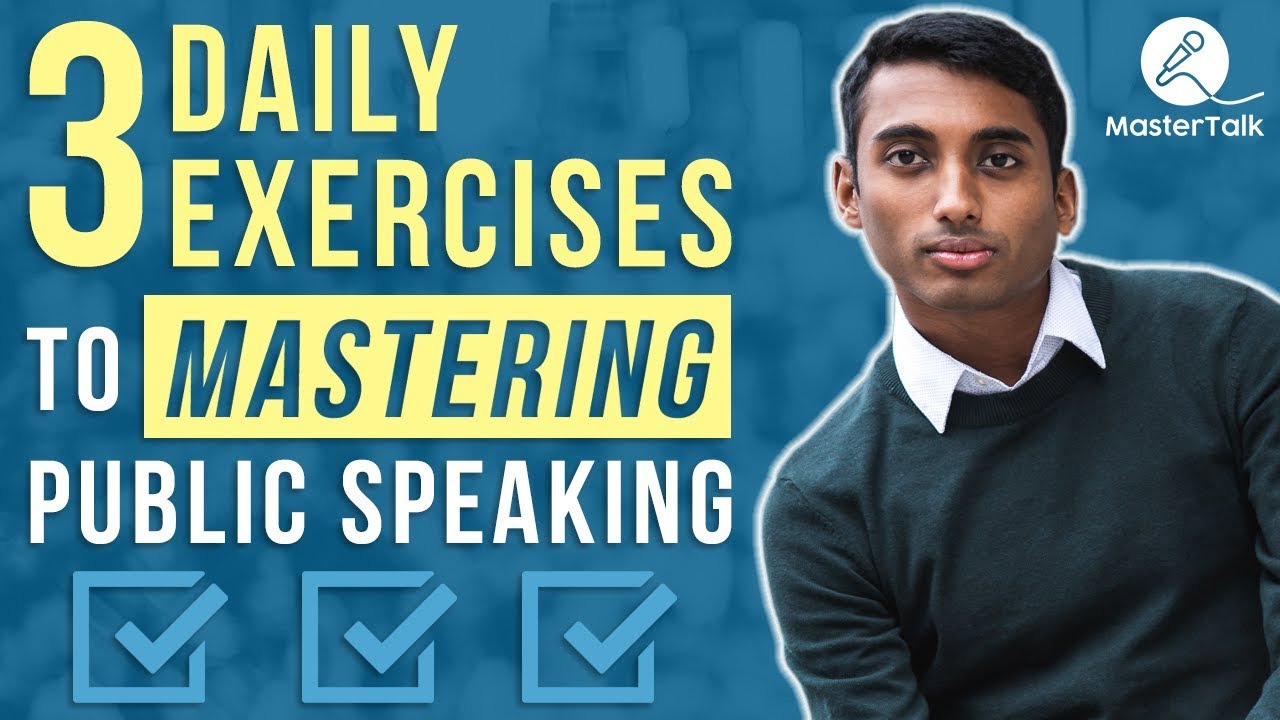Mastering keynote speaking training isn’t for the faint of heart—it’s for those ready to turn every stage into a symphony of influence. And wow, what a thrilling ride this is! Keynote speaking training involves a deep understanding of audience dynamics, the finesse of personal branding, and a commitment to perpetual growth. Recognized speakers like Brené Brown and Simon Sinek didn’t simply stroll onto the stage; they honed their craft with dedication and insight.
Building a speaking career that resonates with event organizers and leaves audiences enthralled requires more than showcasing a unique story or an impressive skillset. You need to develop the kind of talks that captivate and present them with the finesse of a seasoned pro. So buckle up, because here you’ll discover the secrets to effective keynote speaking training, drawn from some of the greatest thought leaders and motivators of our time.

The Fundamentals of Keynote Speaking Training
Keynote speaking training is the cornerstone of a speaker’s development. Here’s where the magic begins, and it all starts with honing your core message. Look at Simon Sinek—his concept of “Start With Why” is an example of a simple message with profound impact. This principle can spark transformations in both lives and businesses.
Equally essential is understanding your audience. Brené Brown, with her research on vulnerability, shows that relating authentically with the audience makes all the difference. It’s about being real, relatable, and letting your story connect at deeper levels. Then there’s storytelling—Mel Robbins turns her personal experiences into gripping narratives filled with psychological and life lessons.

Advanced Techniques in Keynote Speaking: Beyond the Basics
Crafting a brilliant keynote is just the start. To stand out in a saturated market, advanced skills are essential. Let’s break it down:

| Aspect | Details |
| Objective | Develop skills to deliver engaging, authoritative keynote speeches. |
| Target Audience | Aspiring keynote speakers, industry experts, and professionals aiming to elevate speaking credentials. |
| Prerequisites | Recognized as an authority in a specific niche or industry; Unique story and skill set. |
| Core Skills Developed | – Speech Structure – Body Language Techniques – Vocal Delivery and Control |
| Advanced Skills | – Persuasive Speaking – Leadership Communication – Presentation Design |
| Training Formats | – In-Person Workshops – Online Courses (Self-paced or Instructor-led) – Webinars and Virtual Events |
| Certification | Certificates available in advanced areas like persuasive speaking and presentation design. |
| Benefits | – Enhanced credibility and authority as a speaker – Improved audience engagement – Greater opportunities for speaking engagements |
| Pricing Range | – Basic Workshops: $100 – $300 – Intermediate Courses: $300 – $700 – Advanced Programs: $700 – $1500 |
| Providers | – Professional Speaking Associations – Universities and Business Schools – Specialized Training Centers |
Practicing Keynote Speaking with Purpose and Passion
Public speaking isn’t just about communication; it’s about meaning. Practical applications aim to align speeches with core values and fiery passion:
Embrace a speaking style that reflects who you are. Your message, delivery, and even your pauses should feel genuine to you, motivating your audience and leaving a lasting impact.

Training Programs and Resources to Elevate Your Skills
Whether you’re starting out or leveling up, resources and training are your allies in the speaking journey:

The Continuous Journey of Keynote Speaking Mastery
Keynote speaking mastery is an ever-unfolding journey. With each talk, you grow; with every presentation, you learn. Stay ahead by keeping your ear to industry changes, audience tastes, and innovative speaking methods. Embrace the world as a perpetual student eager to adapt and push boundaries. Your voice can inspire, educate, and evoke change.
Are you ready to soar? Use these insights with dedication and passion, and let each stage become your canvas. Your journey from the unknown to the unforgettable begins today, with keynote speaking training paving the way.
And when you’re ready to leap into digital spaces, remember that Digital marketing For Speakers could be the key to amplifying your reach. Moreover, for those weighing financial options, consider insights from resources like How To pay off student Loans. And if entrepreneurial thoughts intrigue you, explore Entrepreneurship advice to mold your path to a prosperous speaking career.
Invest in yourself, and let keynote speaking training be the launching pad for your speaking dreams. The stage is set—now go light it up!
Keynote Speaking Training: Trivia and Tidbits
Surprising Origins
Did you know? The term “keynote” has its roots in music, where it describes the base note establishing the key of a piece. In the 1800s, political conventions began using the term for the main speech setting the tone. It’s fascinating to think how a concept from music turned into a powerhouse skill guiding careers today. From helping speakers craft life-altering orations to deftly managing their professional growth, see how keynote speaking training turns novices into virtuosos.
Humor in Disguise
A little humor can break the ice faster than you can say “open sesame.” That’s why many keynote speaking training programs encourage integrating humor seamlessly. Standup comedians like Starkylol have shown that well-timed jokes can captivate audiences and make speeches memorable. By honing these skills, speakers not only entertain but also deepen their connection with listeners, creating opportunities for genuine engagement.
Overcoming Stage Fright
Here’s a quirky tidbit: some speakers swear by popping a few antacid tablets before taking the stage. While the jury’s still out on whether antacids like Tums effectively counter Pre-speech nerves, the placebo effect shouldn’t be dismissed. Handling stage fright is truly a battle of wit and wisdom, often demanding creative solutions.
Mindset Matters
Trainings emphasize that success isn’t just about skill, but also mindset. Speakers who embrace a growth mentality often find themselves addicted (or should we say “adicto” in Spanish)( to improvement, constantly aspiring to hone their craft. This persistent drive sets apart the ordinary from the extraordinary. By integrating techniques from reputable courses, many speakers delve into new areas, crafting fascinating narratives.
Survey Says
Interestingly, some survey companies even explore speaking engagement trends among rising professionals. While such surveys might initially seem mundane, they can spark unexpected insights. After all, feedback loops and data are crucial when adapting strategies for keynote speaking training. This sheds light on audience preferences and engagement levels, subtly guiding speakers as they shape their presentations. Each revelation, whether from a global survey or a fun fact, brings speakers one step closer to their next big keynote moment.

How do I get into keynote speaking?
Getting into keynote speaking is all about establishing yourself as an expert in your field. You’ll want to have a compelling story and a solid skillset to share that not only resonates but also engages your audience fully. Networking, building a strong personal brand, and consistently offering value through articles, webinars, or smaller speaking engagements can pave the way for you to earn those coveted keynote spots.
How to get trained for public speaking?
If you’re looking to get trained for public speaking, starting with introductory classes can be a great move. These classes cover essential techniques like structuring your speech, mastering body language, and refining vocal delivery. As you advance, you might consider obtaining certificates in persuasive speaking, leadership communication, and presentation design to sharpen your skills further.
What is the difference between training and keynotes?
The key difference between training and giving keynotes is the objective. Training often focuses on developing a range of specific skills and techniques for effective communication, whereas keynotes are about delivering a powerful, overarching message that inspires and engages an audience. Training provides the building blocks, while keynote speaking is the art of applying them in real-time to make a lasting impact.
How do I promote myself as a keynote speaker?
To promote yourself as a keynote speaker, it’s essential to build a robust online presence. Create a professional website showcasing your speaking topics, videos of past speeches, testimonials, and client lists. Engage actively on social media platforms, network with event organizers, and consider offering to speak at local events for experience and exposure.
Can anyone be a keynote speaker?
Anyone can aspire to be a keynote speaker, but it takes dedication to become a successful one. You need to be seen as a credible expert in your field, have a unique perspective, and the ability to connect deeply with an audience. It’s not just about talking; it’s about sharing insights that inspire and motivate others.
How much does the average keynote speaker make?
The earnings of an average keynote speaker can vary widely depending on their level of experience, industry, and the event’s prestige. Beginners might earn a few hundred to a thousand dollars per speech, while highly sought-after speakers can command fees in the tens of thousands or more.
Where can I learn public speaking skills for free?
You can learn public speaking skills for free by utilizing online resources such as YouTube tutorials, TED Talks, and free courses from platforms like Coursera or edX. These resources can provide valuable insights into effective speaking techniques and help you develop your personal style.
How can I practice public speaking by myself?
Practicing public speaking by yourself can be quite effective. You can start by rehearsing speeches in front of a mirror or recording yourself on video to evaluate your performance. Focus on your delivery, timing, and body language, and make adjustments as necessary to improve.
Can you teach yourself public speaking?
While you can teach yourself public speaking, it’s essential to be proactive in seeking feedback and constantly refining your skills. Learning from videos, books, and self-assessment can get you far, but engaging with a community or a mentor can provide you with valuable perspectives and accelerated growth.
What is keynote training?
Keynote training typically involves learning how to craft and deliver a compelling speech that captures the audience’s attention and conveys a powerful message. It includes honing your presentation skills, understanding the dynamics of storytelling, and mastering the art of engaging an audience from start to finish.
What are the pros and cons of keynotes?
The pros of keynotes include the opportunity to influence and inspire a large audience, establish yourself as an expert, and connect with industry leaders. On the flip side, the cons might involve high-pressure situations, the need for constant improvement, and potential travel demands if speaking becomes a regular gig.
What is equivalent to keynote?
When comparing alternatives, activities like hosting webinars or delivering workshops can offer similar benefits to delivering a keynote. They also allow you to present insights and engage with an audience, but they might differ in scale and formality from a traditional keynote speech.
How do I become a successful keynote speaker?
Becoming a successful keynote speaker requires building a strong personal brand, developing excellent communication skills, and consistently delivering value through your speeches. A deep understanding of your audience’s needs and the ability to adapt your message for maximum impact are crucial.
What should a keynote speaker say?
A keynote speaker should focus on delivering a clear, compelling message that resonates with the audience. Their speech should inspire, inform, and ignite action or change. They need to weave stories and insights that connect with the audience on both emotional and intellectual levels.
Who makes a good keynote speaker?
A good keynote speaker is someone recognized for their expertise, with the ability to communicate ideas effectively and a unique story to share. They connect with their audience, inspire change, and leave a lasting impression with their presentation style and content.
How to get invited as a keynote speaker?
Getting invited as a keynote speaker often requires building strong professional relationships and demonstrating your expertise in public forums. Attending industry events, joining speaker bureaus, and maintaining an engaging online presence can increase your visibility to event organizers.
How to become a paid keynote speaker?
Becoming a paid keynote speaker typically means showcasing your expertise and value to event planners. Build a portfolio with videos, testimonials, and client feedback. Start by speaking for free or at lower rates to gain experience, and gradually increase your fees as your reputation grows.
How is a keynote speaker chosen?
A keynote speaker is usually chosen based on their expertise, relevance to the event’s theme, and ability to engage an audience. Event organizers often look for individuals with a proven track record and strong recommendations from peers or previous event hosts.
How to apply for keynote speaker?
To apply as a keynote speaker, you’ll want to identify events or conferences where your expertise aligns with their theme. Create a compelling proposal that outlines your speaking topic, your approach, and the value you bring. Networking within the industry can provide you with more opportunities as well.









